CES 2020: 9 things we learned from the world’s biggest tech and gadget show
Locked in a cupboard since New Year’s Eve? Then catch up with our super-fast guide to upcoming tech trends
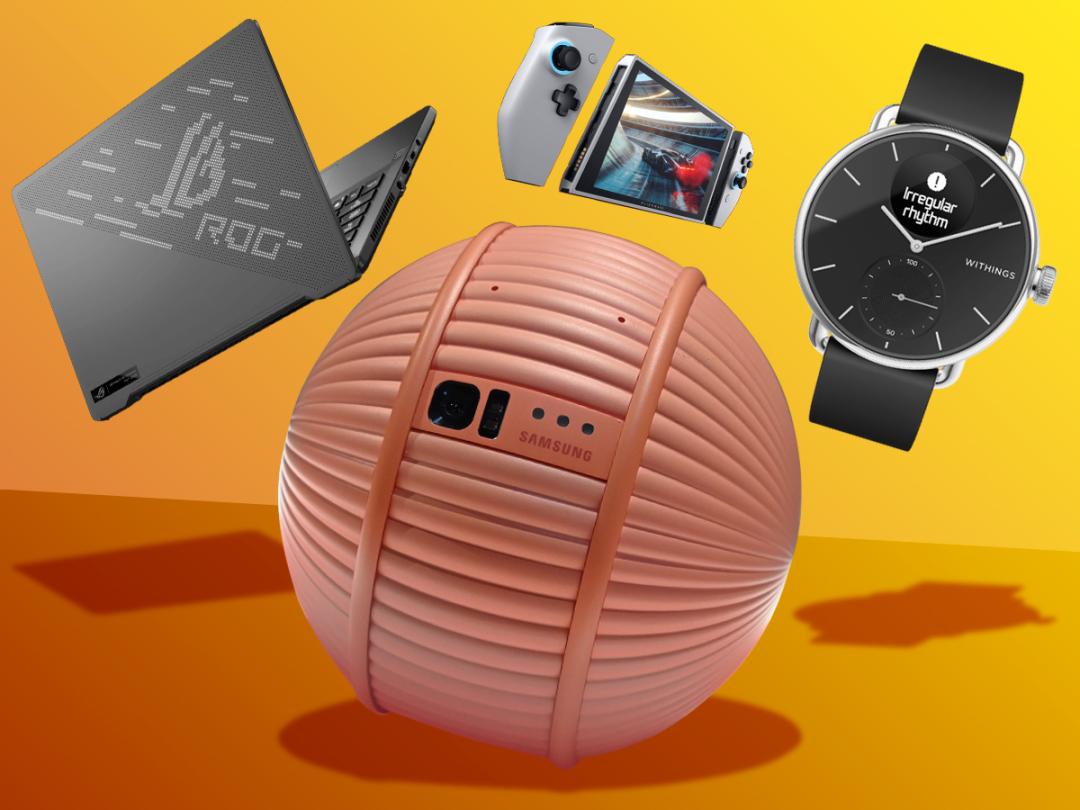
CES 2020 offered two lines of thinking regarding tech: get it everywhere, including into tiny robots that deliver a loo roll while you’re sitting on the toilet, and incrementally update what already exists – but sometimes in really odd ways.
Perhaps the challenge of coming up with anything truly new has finally made gadget creators crack, but 2020 was a leading year for the bizarre. Here, then, are the trends Stuff found particularly interesting this year.
Robots went a bit weird

Forget Star Trek’s Data. The closest robots came to humanoid at CES 2020 were Reachy the $17,000 robot torso (for researchers – unless you’re a very strange wealthy sort), and Samsung’s demented Bot Chef, which provides you with an extra pair of hands (and arms) in the kitchen. Just don’t let it near the knives.
Mostly, though, we got trundling critters akin to Star Wars rejects: BellaBot the robot cat that serves food in restaurants; Samsung’s Ballie – the love child of BB–8 and a tennis ball; headless interactive kitten Petit Qoobo; and terrifying cycloptic worm Clicbot. Fortunately, Aibo-goes-kitty MarsCat also rocked up, or we’d have assumed Skynet had taken over – but only after quaffing several bottles of vodka.
Bezels were banished
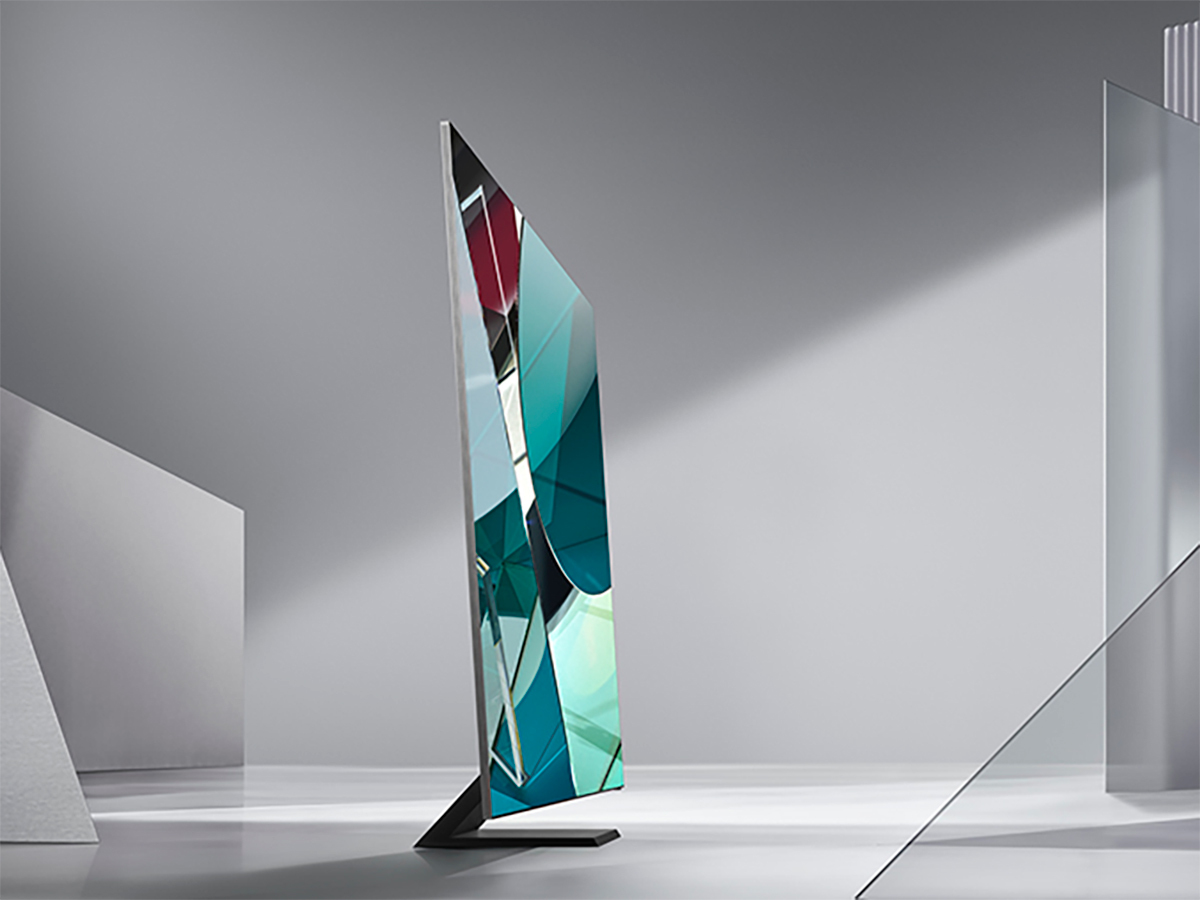
Well, sort of. Tech companies have somewhat ditched their obsession with thin and are now on a mission to eradicate bezels. So we got Samsung’s QN50TS 8K telly, with a nearly 99% screen-to-body ratio. Elsewhere, HP’s Spectre x360 15 didn’t quite match that figure, but nonetheless shaved its bezel to give you a 90% ratio.
Excellent, you might think – smaller bezels make for bigger screens in the same space, or lighter devices. That’s true, but it also means we’re heading to the point where what you’re looking at on a screen will transition directly with what’s behind it. A future where it’s harder to focus on a movie without painting the wall behind your telly black doesn’t seem much fun.
Smart tech left you nowhere to hide
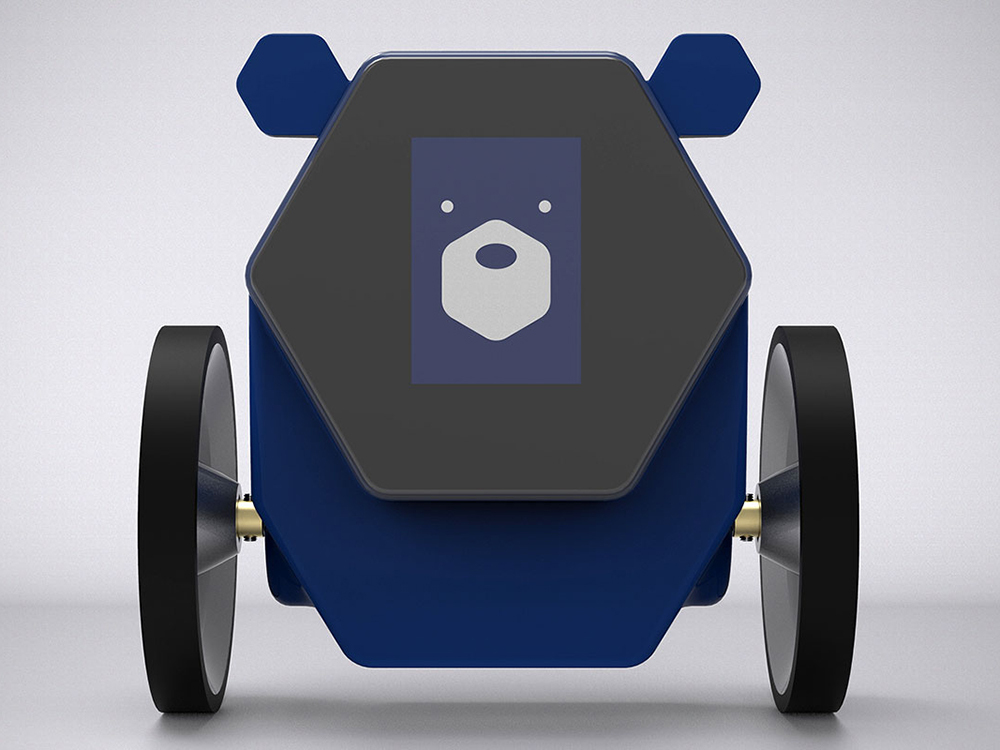
2020 was the year smart home technology fully invaded the bathroom. Some of these gadgets seem harmless and useful. FasTeesH’s Y-Brush was exhibited now it’s started shipping, and lets you brush your teeth in seconds. Meanwhile, Oral-B’s latest brush helps the more manually oriented, using AI to guide your gnasher polishing.
Elsewhere, things came across a little more intrusive. Stuff is well aware that some people want Alexa everywhere, but having an always-on device in your shower – as per the Kohler Moxie Showerhead – seems a step too far. And cute though it is, no-one was clamouring for Rollbot, a trundling two-wheeled robot designed to bring you toilet roll while you’re having a poo.
Gadgets wanted you to relax
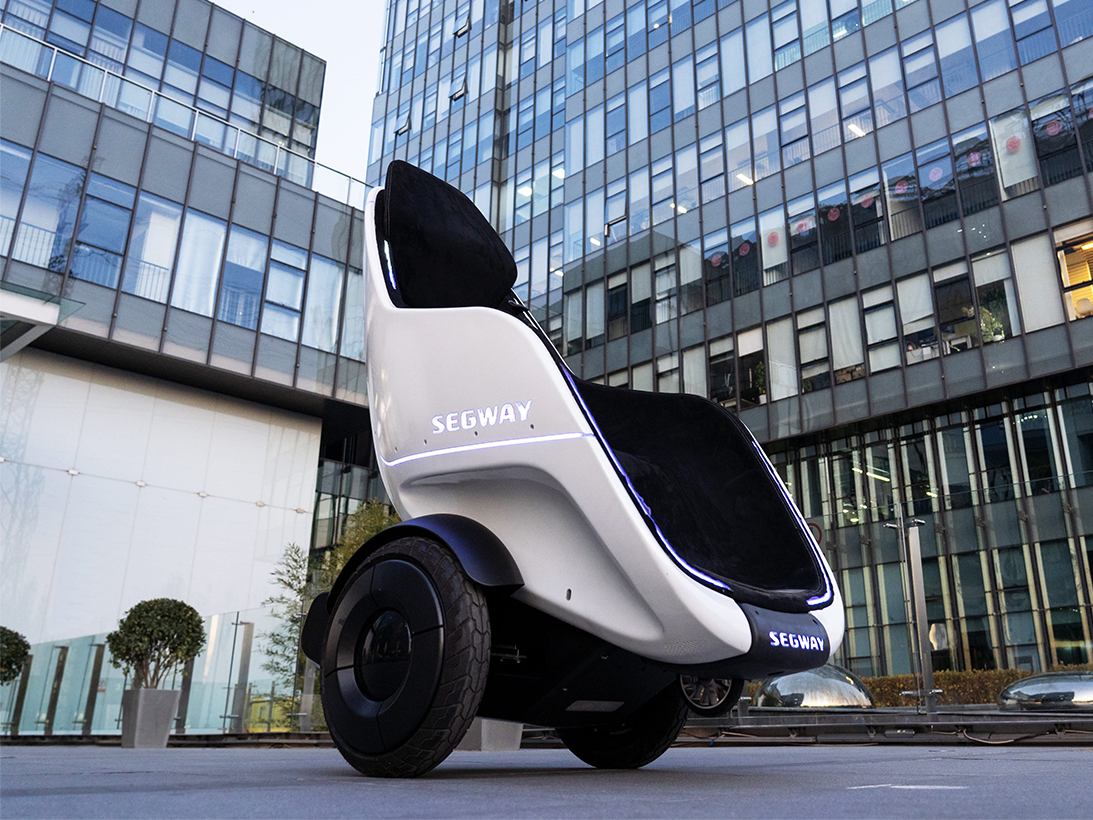
When it came to your health, CES 2020 exhibitors didn’t bother carefully balancing the useful and the dystopian, instead lurching towards the extremes. So on one side, we got the Withings ScanWatch, with its ability to detect sleep apnea, and the URGONight headband, designed to improve the quality of your sleep.
Elsewhere, though, BMW seemed to infer with its i Interaction Ease that what you really want when bombing down the M1 is a nice nap in a lounger. And Segway’s S-Pod conjured up terrifying visions of WALL·E, where all future humans avoid using their legs and instead scoot about in gigantic baby strollers.
TVs became increasingly ridiculous
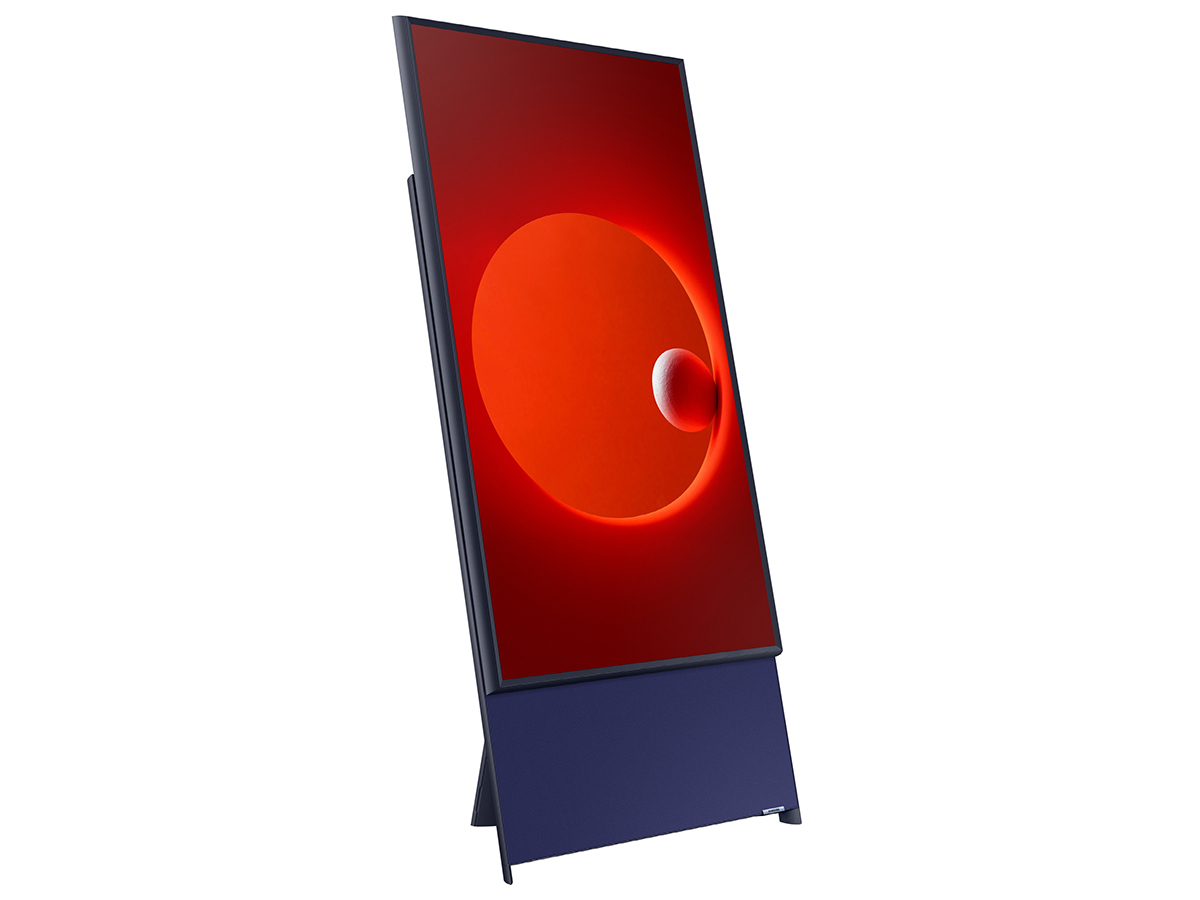
8K televisions were of course everywhere, despite the scarcity of any 8K content to watch on them, and the inability of the average person’s eyes to differentiate 8K from 4K (or even HD) at a standard viewing distance. And, of course, the actual size of televisions now borders on the monstrous, making Stuff wonder at what point they’ll no longer fit through the average front door.
But things got properly bonkers when Samsung unveiled its auto-rotating Sero TV, presumably designed for TikTok addicts and people who don’t know the correct way to shoot video on their phones. (Hint: not portrait.) And elsewhere, Looking Glass beamed about its 8K holographic display and its many applications, but mostly invited journalists to shine a torch at it for a live effect that looked pretty (but pointless) in quickfire social media videos.
Laptop lids went crazy
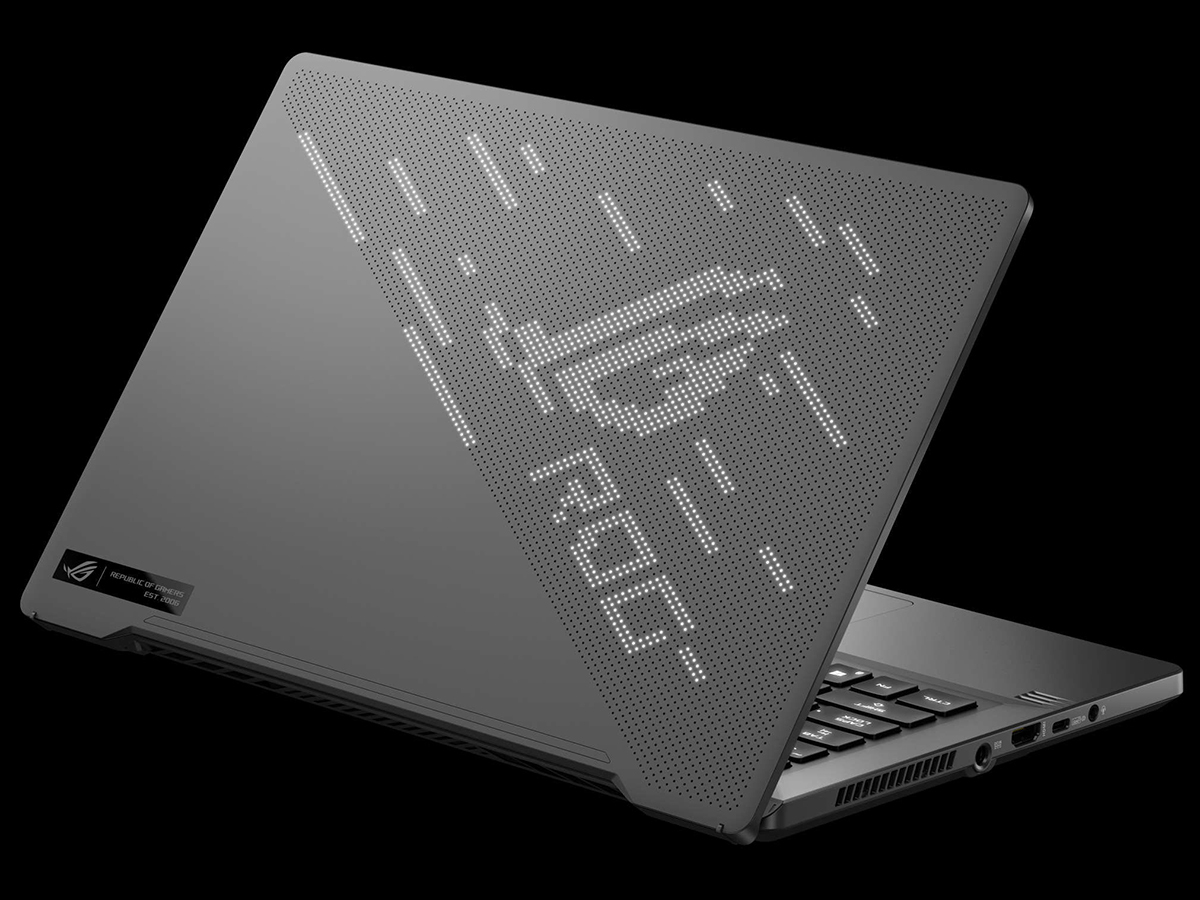
There were plenty of great new laptops on show, such as HP’s Elite Dragonfly G2 (complete with tile tracker), the wafer-thin but powerful Galaxy Chromebook, and inevitable folding kit like Lenovo’s ThinkPad X1 Fold.
But it was laptop lids that made a lot of people gawp at this CES. Another Lenovo – the ThinkBook Plus – added an E-ink display for emails and notifications, presumably without thinking a great deal about privacy and security implications. Meanwhile, the Asus Rog Zephyrus G14 went for pure bling, with a triangular dot-matrix display that people totally won’t use to beam rude words and symbols across coffee shops the world over.
Gaming looked to its past
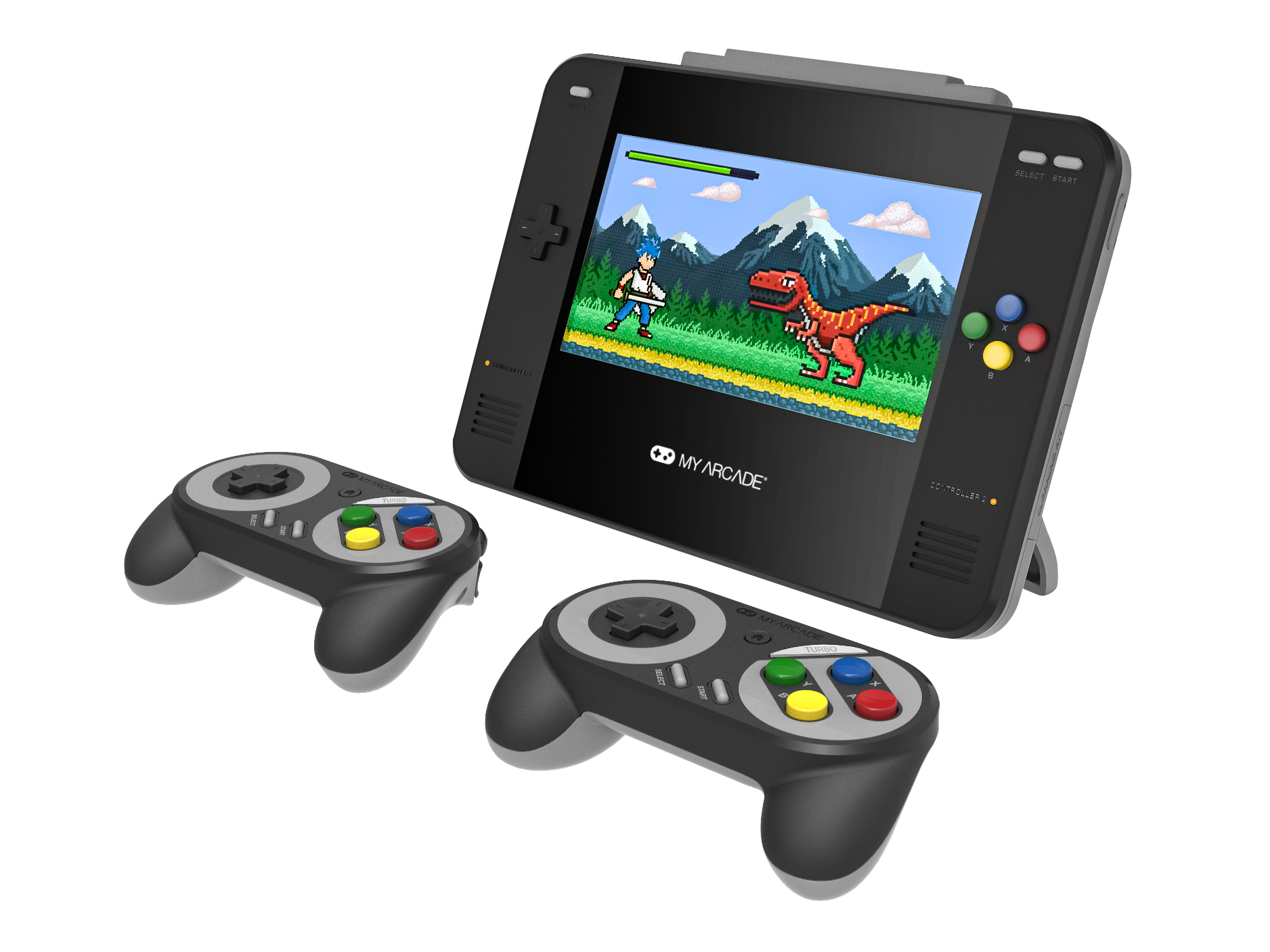
Yes, there was the PS5 logo reveal (which appeared to have been created by a designer deleting ‘4′ and typing ‘5′), but quite a few CES 2020 gaming announcements were more about the industry’s past than its future. For example, My Arcade’s Super Retro Champ eschewed emulators and instead invited you to dust off your old SNES and Mega Drive carts to use them on the go.
Elsewhere, Arcade1Up unveiled a slew of new cabinets, including NBA Jam with online play, a limited edition Burger Time, and virtual ball-spangers based on pinball properties like Attack From Mars and Star Wars. Oh, and the zombie corpse of what was once Atari continued to convince people that the new VCS did actually exist and would totally ship soon – honest.
DSLRs refused to die
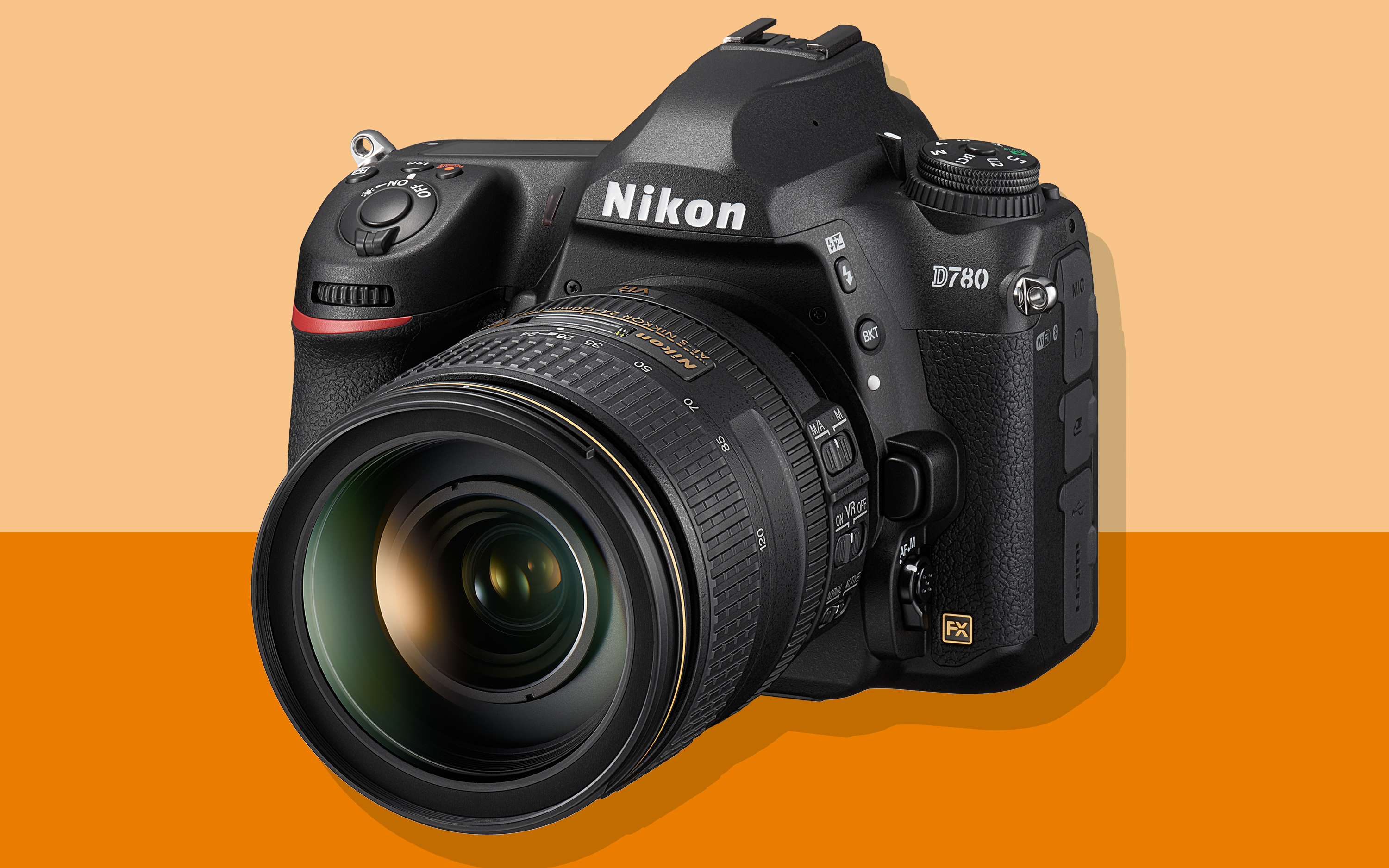
In a world where phone snappers are causing a lot of people to question the value of DSLRs, camera makers are fighting back. Why? Some people like kit that does one thing really well, not least in a tech world that’s otherwise lost its focus (oho!), and others likely have a pile of lenses knocking around that you can’t attach to your iPhone 11 Pro Max no matter how hard you try.
A particular standout was Nikon’s D780, which in a world of mirrorless cameras manages to combine nostalgia with some seriously impressive stats – and, unsurprisingly, a wallet punching price point that’ll munch over two grand from your bank account when it’s released later this month.
Companies went big on concepts
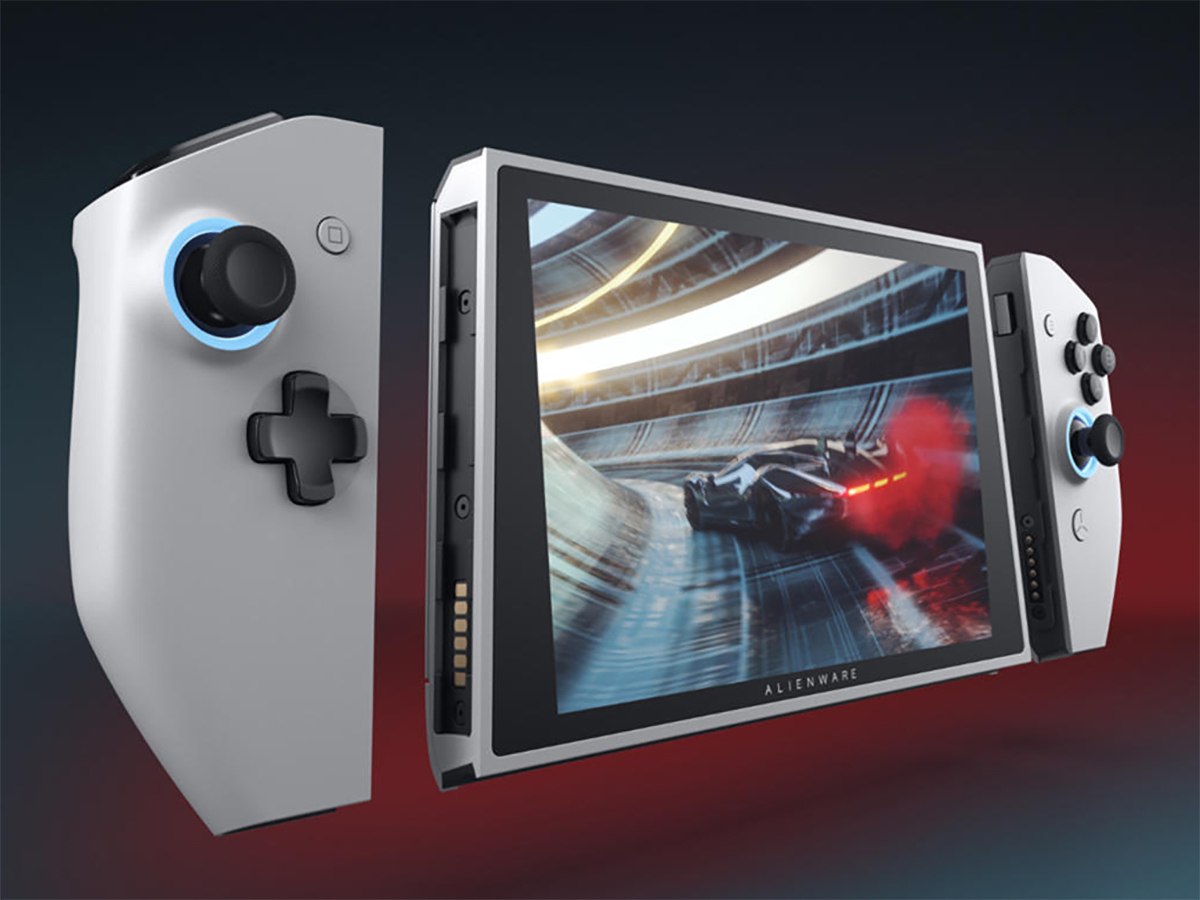
As ever, a lot of the best stuff on show doesn’t exist yet, bar in the minds of its creators, or in showfloor prototypes that may never see the light of day in your actual house. We liked OnePlus’s Concept One with its invisible cameras, Sony’s Vision S car, Uber’s flying taxis, and Dell’s Concept UFO, which mashes up a gaming PC and a Switch (albeit in a manner that presumably makes GPD want to remind everyone that the Win 2 exists).
But until we can get this stuff in our hands, we half wish we could replace the undying trend ‘tantalising glimpse of something that may never appear in the real world’ with ‘something you can actually go home and mess around with right now’. Well, unless Dell will send Stuff the Concept UFO, at which point all is forgiven.



